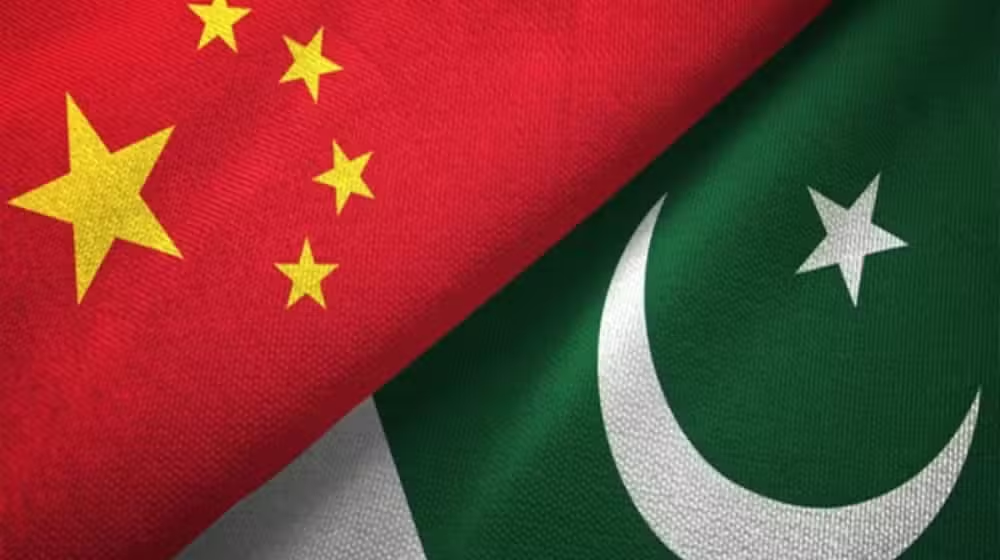China is set to re-lend approximately $3.7 billion to Pakistan next month, helping Islamabad keep its foreign exchange reserves above $10 billion, according to sources.
This financial assistance, which includes both refinancing of existing loans and new disbursements, will primarily be provided in Chinese yuan (RMB), signaling Beijing’s shift away from dollar-based lending practices.
Insiders confirmed that the Industrial and Commercial Bank of China (ICBC) will roll over a previously repaid $1.3 billion loan in RMB. The original loan carried a floating interest rate of around 7.5% and was repaid by Pakistan between March and April 2024. Additionally, a syndicated loan of $2.1 billion (equivalent to RMB 15 billion), involving China Development Bank (RMB 9 billion), Bank of China (RMB 3 billion), and ICBC (RMB 3 billion), is scheduled to mature in June. Pakistan plans to repay this amount days before maturity, with expectations that refinancing will also be offered in RMB.
READ MORE:
Libyan Pilgrim Boards Flight After Two Returns, Fulfills Hajj Dream
Chinese officials have assured Pakistan that all loans maturing between March and June 2025 will be refinanced, with the use of yuan instead of US dollars being a deliberate strategic move by Beijing.
Pakistan’s foreign exchange reserves rose to $11.4 billion in May after receiving $1 billion from the IMF. However, the Finance Ministry projects that over $25 billion in external financing will be needed for the upcoming fiscal year.
This figure includes $12 billion in loan rollovers from allies such as China, Saudi Arabia, and the UAE; $4.6 billion in project financing; $3.2 billion in Chinese loan refinancing; $1 billion in new Chinese commercial loans; $2 billion through deferred oil payments; and another $2 billion from the IMF.
Project financing is expected to come from global financial institutions like the Asian Development Bank (ADB). Around $20 billion of this financial flow will be managed by Pakistan’s Economic Affairs Division, while the central bank and Finance Ministry will oversee IMF-related and rollover arrangements.




